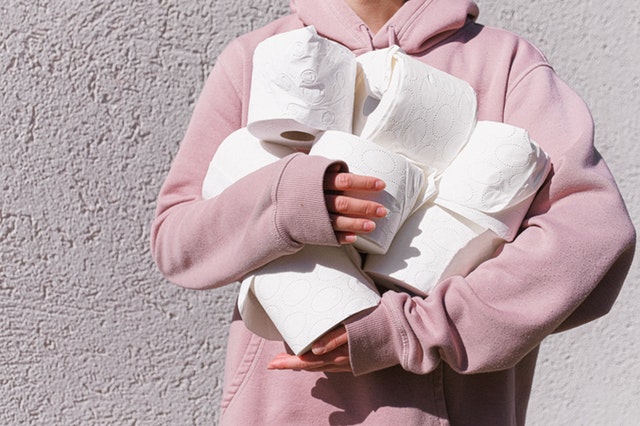To prevent retailers from heavily increasing prices of high-demand items, the government has announced new regulations to ensure residents don’t go without during the coronavirus pandemic.
These new regulations form part of the Disaster Management Act and which was signed by the Minister of Trade and Industry, Ebrahim Patel, on Thursday, March 19.
“We are doing this to ensure that we don’t have unjustified price hikes or stockpiling of goods. We are doing this to protect consumers and ensure fairness and social solidarity during this period,” said Patel.
According to the regulations, companies are prohibited from hiking the prices of any goods on the registered list by any more than what it costs to make them.
This means sellers of these items will not be allowed to sharply increase their profit margins on these specific products by marking them up.
The costs related to medical testing and other services will also fall under the new regulations. Those found guilty of going against the regulations could be liable for fines of up to R1-million or roughly 10% of the establishments turnover, or a year in jail.
Retailers will also be expected to ensure fair and equal distribution among their customers to curb panic buying.
Products on the list include:
– toilet paper
– hand sanitiser
– facial masks
– disinfectants and cleaners
– surgical gloves
– surgical masks
– disinfectant wipes
– antiseptic liquids
– all-purpose cleaners
– baby formula
– disposable nappies
– bleach
– cooking oils
– wheat flour
– rice
– maize meal
– pasta
– sugar
– long-life milk
– canned and frozen vegetables
– canned, frozen and fresh meat, chicken or fish
– bottled water
Some retailers have already begun setting limits on the number of items customers can buy to curb hoarding and over-buying. Dis-chem officially implemented a 6 item limit across all of its stores. Woolworths has followed suit with a 5 item limit.
Picture: Pexels

